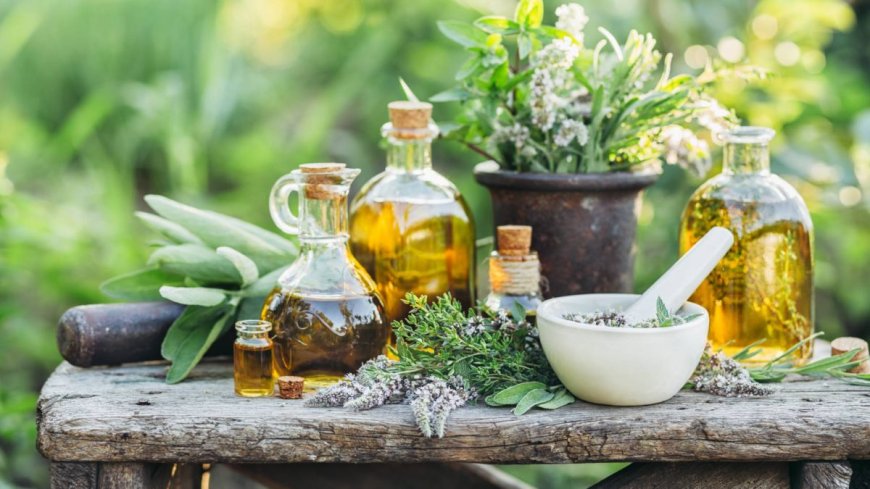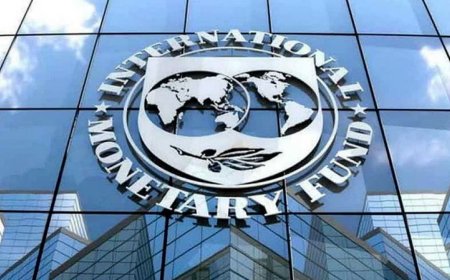Pure and Profitable: Halal and Herbal Cosmetics Set Sights on Global Market Share
Businesses seek standardized and streamlined certification from a qualified regulatory authority

With global demand rising for halal and herbal cosmetics, Bangladesh is well-positioned to leverage this trend, say experts and industry leaders. The country, with its large Muslim population and expanding beauty sector, has significant potential to become a key player in the international market. However, challenges such as limited standardized certification and infrastructure are holding back its full potential.
Experts believe that addressing certification challenges, investing in infrastructure, and educating both consumers and manufacturers are crucial steps for growth in both domestic and global markets.
The global halal cosmetics market was valued at $42.39 billion in 2023 and is projected to reach $47.76 billion by 2024 and $115.03 billion by 2032, with the Asia-Pacific region holding a 64.87% market share in 2023, according to Fortune Business Insights. In 2022, the Asia-Pacific halal cosmetics market generated $18.43 billion in revenue, led by Indonesia, Malaysia, India, Bangladesh, and China, according to Statista.
In Bangladesh, demand is growing in the halal personal care sector, with moderate growth in products like hair color, shampoo, lipstick, and perfumes. Rising awareness of halal-certified products is increasing demand among consumers in developing countries, including Saudi Arabia, Iran, India, and Indonesia.
Bangladesh’s Potential in the Halal Cosmetics Market
According to Prof. Syed Ahsanul Alam, Chairman of the National Bureau of Economic Research Bangladesh, global demand is rising for halal cosmetics among both Muslim and non-Muslim consumers, with Bangladesh uniquely positioned to capitalize. He highlighted a steady increase in demand for halal-certified personal care products in Bangladesh, where Muslims comprise about 90% of the population.
Prof. Alam, who also teaches Marketing at the University of Chittagong, noted that despite obstacles, the market holds immense potential. Key challenges include improving certification processes, infrastructure investment, consumer education, supply chain enhancement, and boosting R&D and international partnerships.
The Appeal and Challenges of Halal Products
Consumer interest in halal cosmetics is growing, particularly for products like perfumes that are free from harmful or haram ingredients. Wahida Parvin Ishita, a university student, seeks halal products and emphasizes the need for quality control due to concerns about counterfeit goods flooding the market.
In retail, Mustafa Kamal, owner of Loyalty International, observes strong demand for halal cosmetics, though he notes that not all products, such as alcohol-based perfumes, meet halal standards. Mohammad Ishaqul Hossain Sweet, a former director of the Federation of Bangladesh Chambers of Commerce and Industry (FBCCI), sees potential for the sector to become as economically impactful as Bangladesh’s ready-made garment industry, if supported by government policy and improved business conditions.
Need for a Comprehensive Halal Certification Process
MS Siddiqui, Vice President of the International Business Forum of Bangladesh, noted the appeal of halal cosmetics among diverse consumers due to the absence of animal fat or alcohol in these products. He emphasized the need for a robust halal certification framework in Bangladesh, where a competent regulatory body with adequate resources is essential to ensure globally recognized certifications and expand export potential.
BSTI has recently established an international-standard laboratory for halal certification, with investments totaling Tk500 crore, according to SM Abu Sayed, Deputy Director of BSTI’s Halal Certification department. While some companies are now seeking certification, many are still unaware of the standards required for compliance.
Rising Demand for Herbal Beauty Products
The global market for herbal skincare products is expected to grow significantly, with demand for organic, eco-friendly products rising in urban Bangladesh. The country’s herbal cosmetics market is projected to generate $181.30 million in revenue in 2024, according to Statista.
Abdus Sattar, COO of Mumtaj Herbal Products, a company producing herbal beauty products for over 30 years, expressed optimism for the industry’s future. With plans for direct exports to meet international demand, he highlighted the need for government support to curb smuggling and counterfeits that threaten the local industry.
What's Your Reaction?





















































































